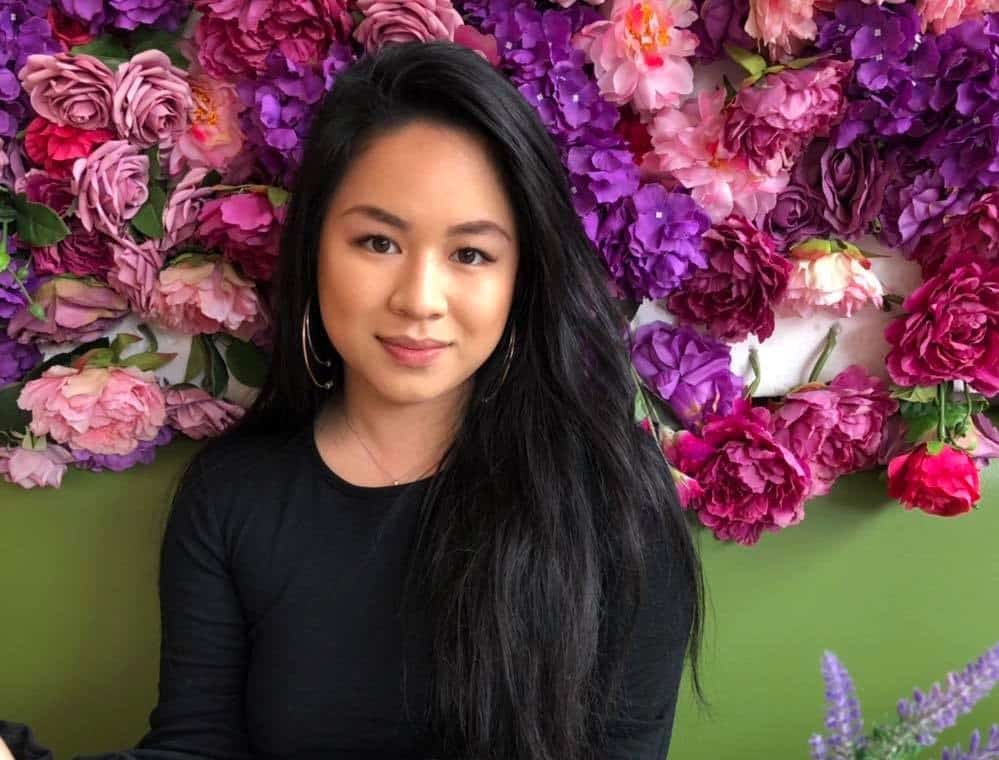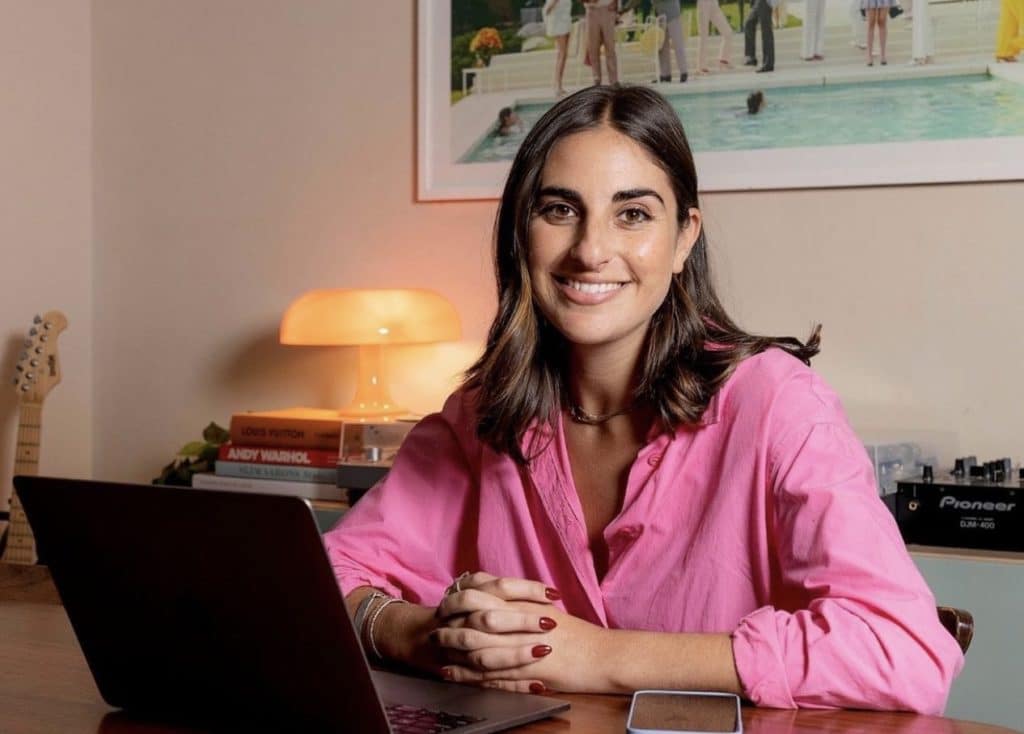Over the past decade there’s been a marked shift in how young women are feeling and the choices they’re making, about how to live and work.
The reasons are varied. For starters, young women are not only more educated and ambitious than they’ve ever been, they’re also increasingly cognisant of what it takes to feel fulfilled; to have a thriving career, social life, and family.
Research from Bain & Company this year highlights this, revealing how leading organisations of the future “will proactively address the gender imbalances that hold women back”, with senior leaders implementing a range of policies to boost inclusive workplace culture to attract and retain future female talent.
However, the high degree of career stress experienced by young women suggests this isn’t happening at the pace it needs to.
In a study published by Monash University earlier this year, career uncertainty, indecision, worries about job availability, and perceptions of constrained career choices were all prevalent among the female respondents.
The study of 1300+ students in their final year of schooling revealed that more than half of young women believed that their career choices were constrained because of who they were or where they had come from—including feelings of being prohibited by gender.
One in five said they were overwhelmed by career information and choices while 40 per cent cited concern that they would never achieve a “real career”.
Co-author, Dr Beatriz Gallo Cordoba noted that while “it’s not uncommon to hear that ‘women can do anything they choose’, the young women from a range of backgrounds in our study feel like they have limited options when choosing a career.”
The findings point to a likely disconnect between what young women are searching for and what is being offered to them by employers. It also shows that despite organisations being desperate for female talent, they’re simply not doing enough to entice young, aspirational leaders.
What young women want
In speaking with three, ambitious women aged between 20-30, some important themes and insights emerged supporting these reports.
Katherine Ho, a paralegal and final-year law student living in Sydney says “balance” is one of her highest priorities as she prepares for her future.
“While I am definitely ambitious and passionate about my career, I value my mental health just as much,” she says. “The moment I feel overwhelmed and burnt out, I always take it upon myself to tap out and take care of myself first. Doing that will make you happier to do your job later.”

Bronte Charles, a 21-year-old marketing and media student at Macquarie University and a cross-platform journalist for National Indigenous Television (NITV) agrees, citing that as a First Nations woman, flexibility “to take time off for sorry business and switching around public holidays such as January 26” helps to protect mental wellbeing.
Bain’s analysis reflects this attitude, with workers of the future emphasising a greater expectation of flexibility and “passport career” options offered to them by prospective employers.
Charles also notes that following a career with purpose has been her greatest motivator— a luxury seldom afforded to prior generations of women.
“I had always seen my mum work hard for her family. She worked to provide for us kids. I remember her telling us stories about how she would walk to the station pregnant at 5am and catch the train into the city to her job at Australia Post. She had always been ambitious, just for another reason – to provide. Today, the ambition of young women looks different. It looks like getting a promotion, finding what you love to do and working somewhere that values you,” she says.
She adds that women today are unafraid to put themselves first.
“I think women nowadays plan their careers differently to other generations. Whether that be entering a male-dominated industry, choosing a career based on what you’re passionate about, or putting yourself first and not planning your career around your partner and kids,” she says. “Now, when choosing a career, it’s more about us and our wants and needs, rather than the wants and needs of those around us and society.”

But despite the ambition and confidence of young women, their ability to get ahead is still being thwarted by several persistent structural inequalities, including gender biases and a lack of necessary female role models at the top.
As outlined in the Bain study, “children learn to follow gender expectations in play and career ambitions, based on the idea that girls and boys have different capabilities. In fact, studies have shown that by the age of seven, girls choose more “caring” careers, like teaching and healthcare, and boys choose more stereotypically masculine careers.”
This early gender bias carries through to the workplace and can hold women back from their full potential.
Chief Executive Women’s (CEW) Senior Executive Census this year, showed that women make up about 50 percent of the Australian workforce but hold only a quarter of ASX300 executive leadership team (ELT) positions—a massive barrier to unlocking future female talent.
Young women rely on “diverse role models” who play an important role in career aspiration as well as “seeing leaders who challenge traditional gender norms, Bain’s research highlights.
Seeing women at the top also fosters broader inclusion within organisations, which is necessary to maximise retention, performance, and innovation.
25-year-old Zara Seidler, co-founder of The Daily Aus, Australia’s leading social-first news company, emphasises the importance of this in her own career trajectory and what she aims to seek out in the future.
“Having a talented team around me that I can continue to learn from, an amazing mentor and continuous innovation and evolution for The Daily Aus” remain her three central priorities as she builds her career. “I think young women are now planning for careers and roles that didn’t exist in previous generations, and are continuing to push boundaries,” she says.

Ho agrees, suggesting that progressive and supportive leaders help to shift the dial for young women aiming to get ahead.
“I’m proud of the women who I stand beside in the workplace because it proves everyday how we really are a force to be reckoned with. If women in the workplace prosper, so does everyone else.”

